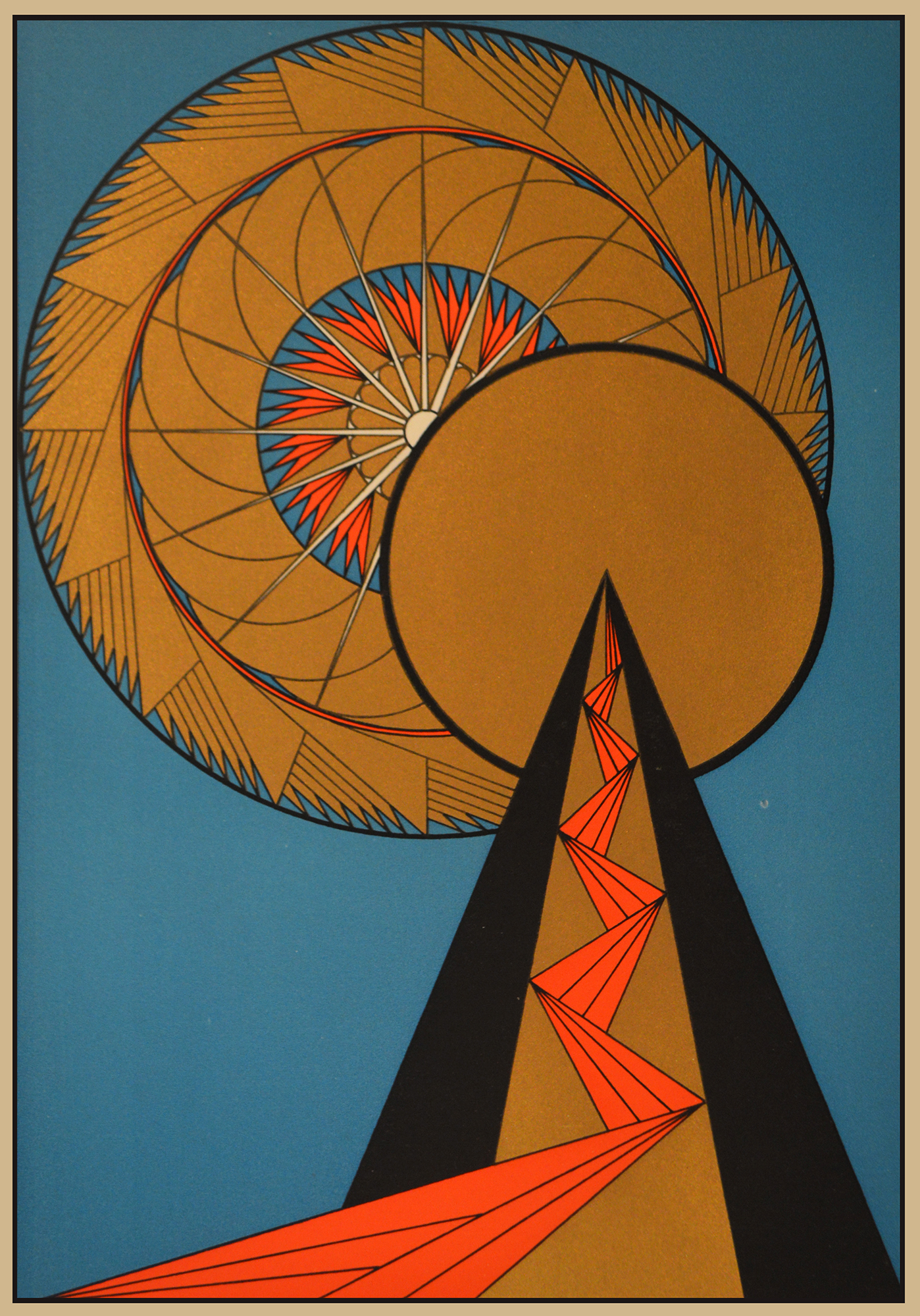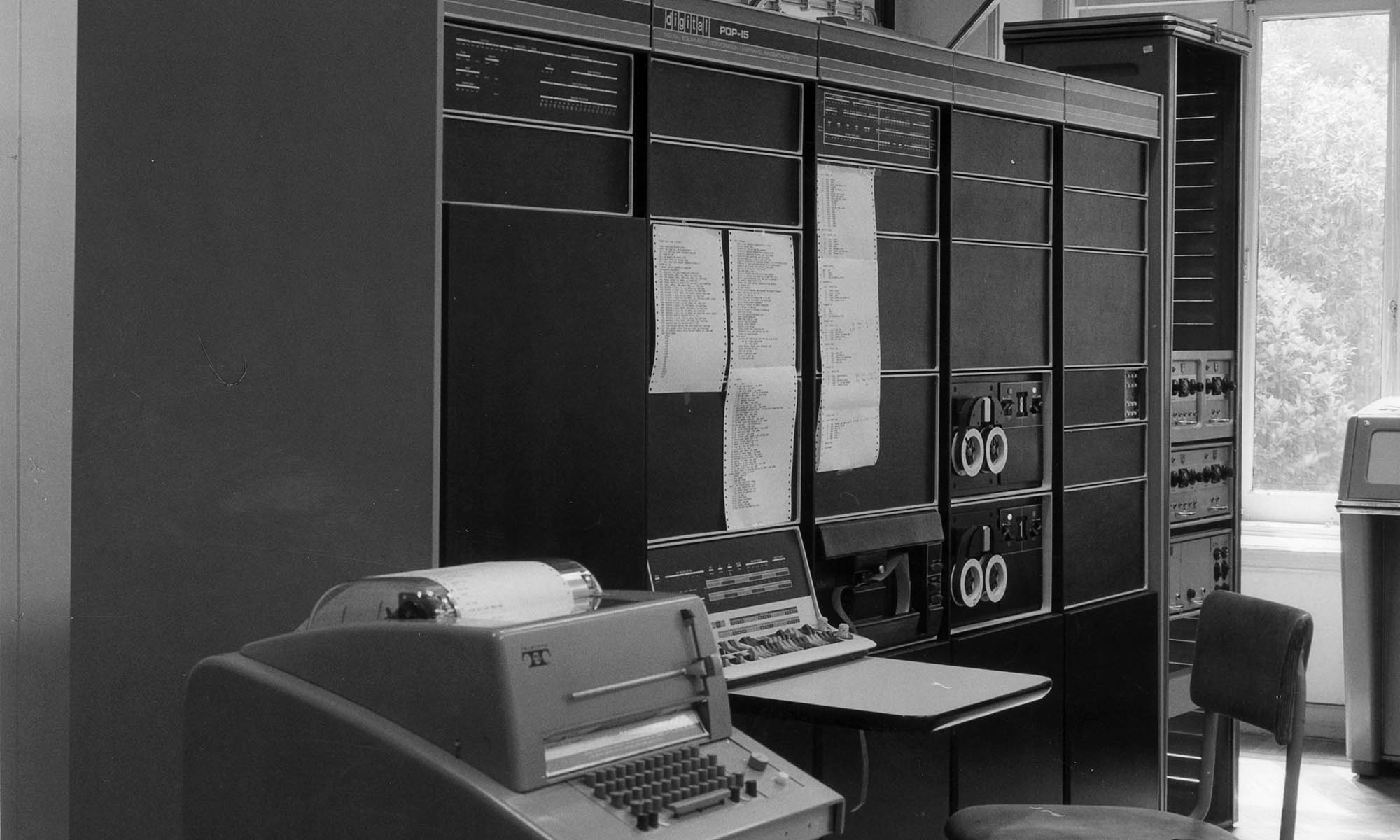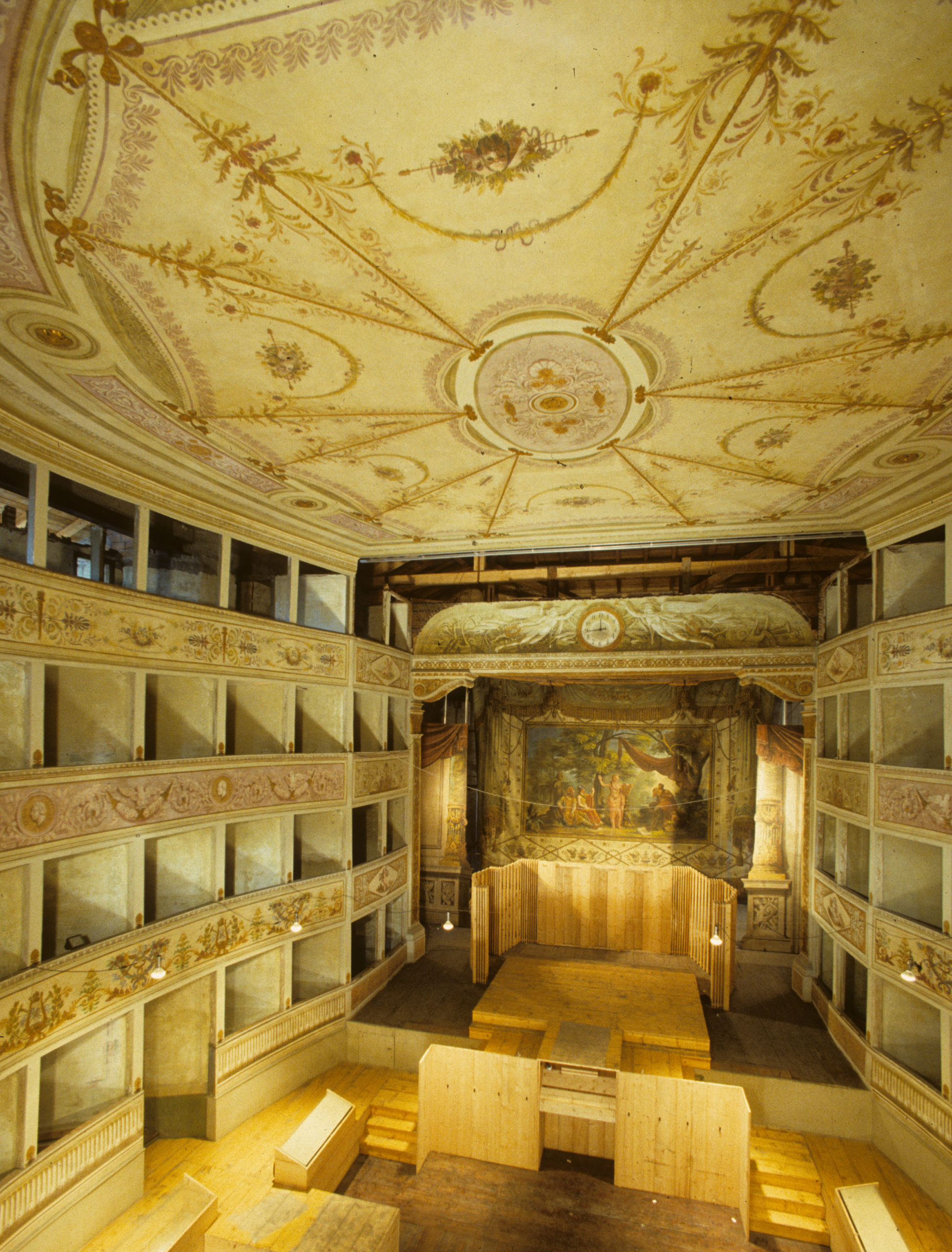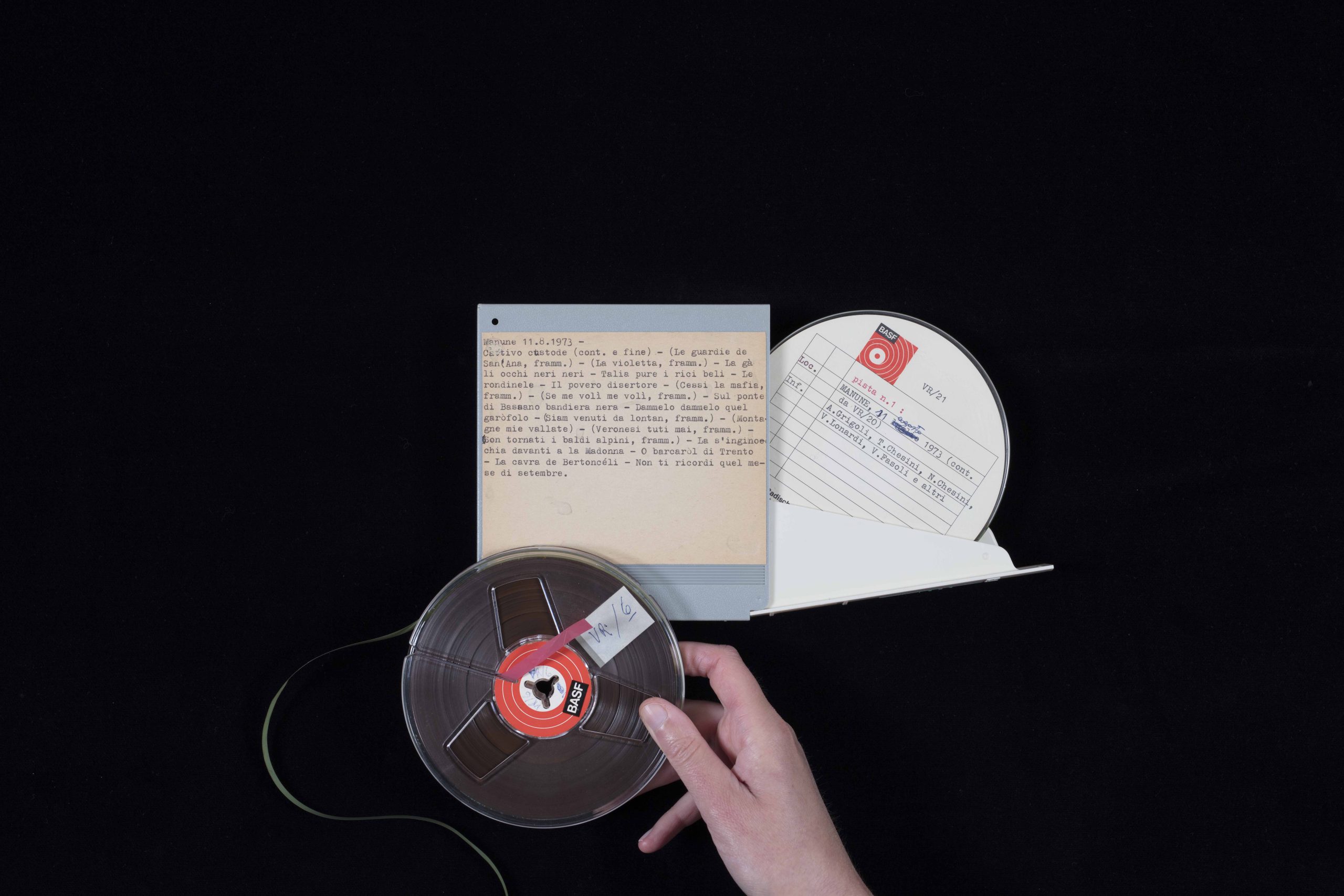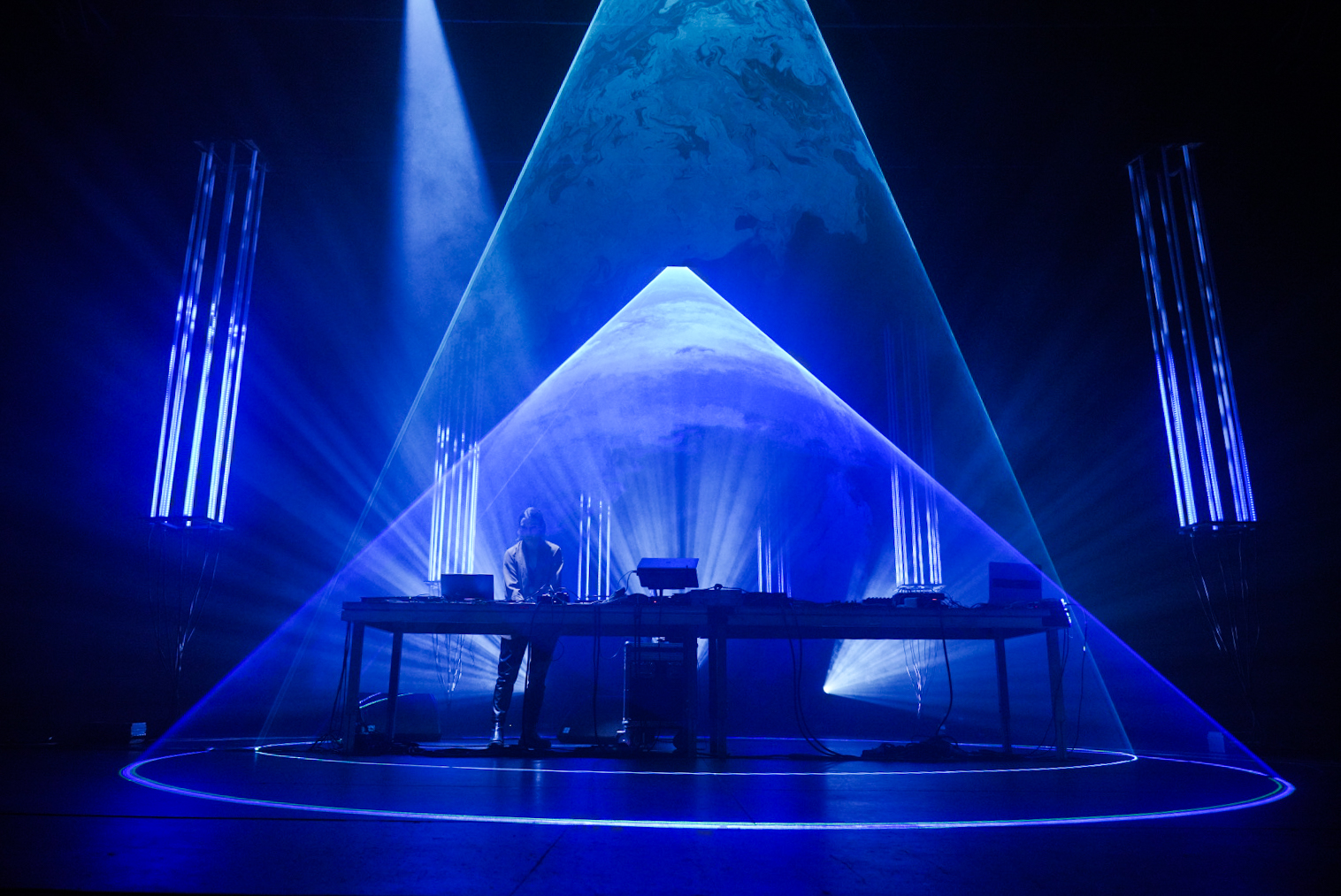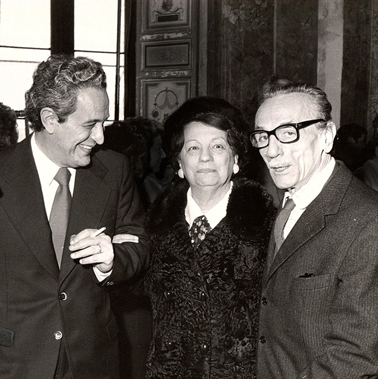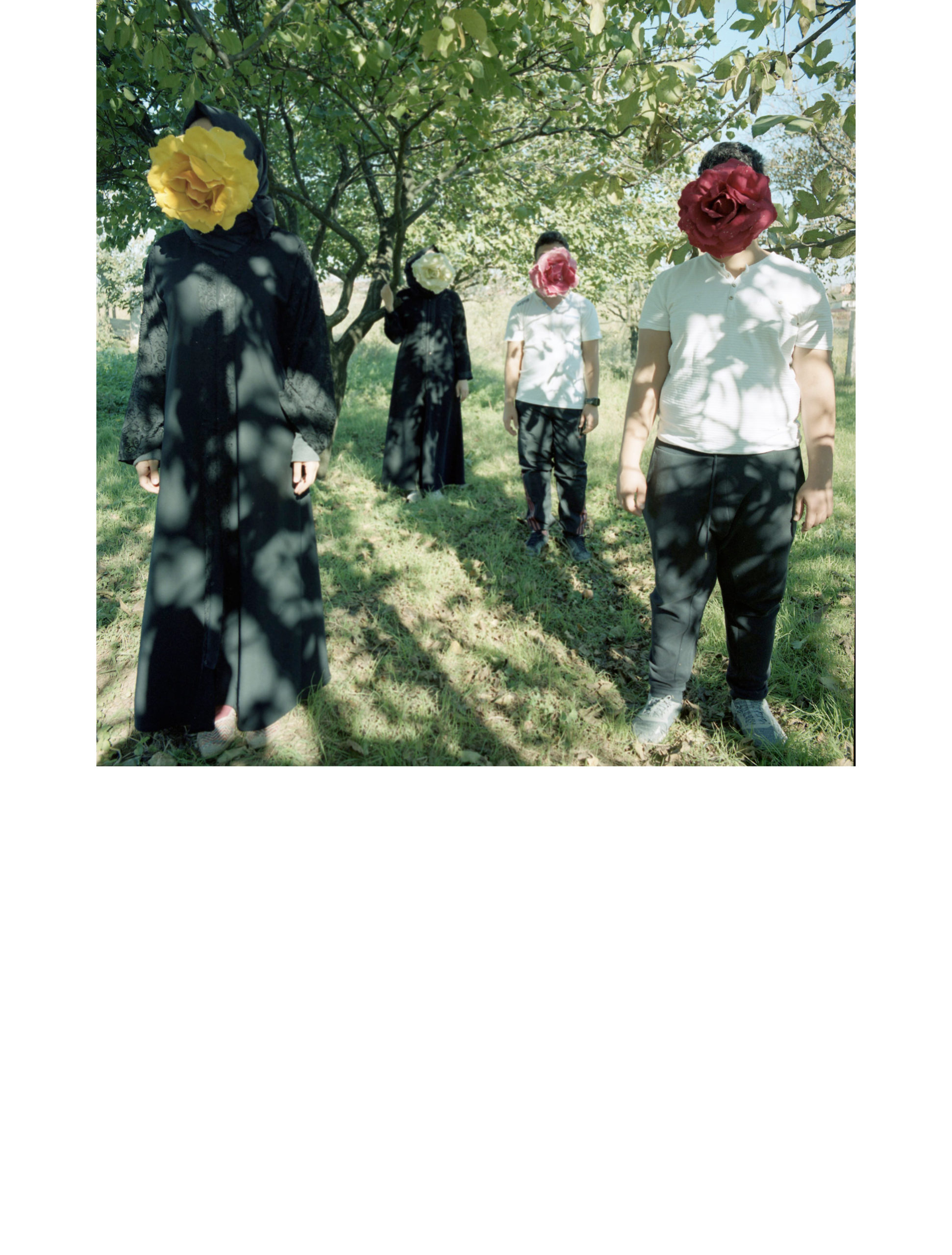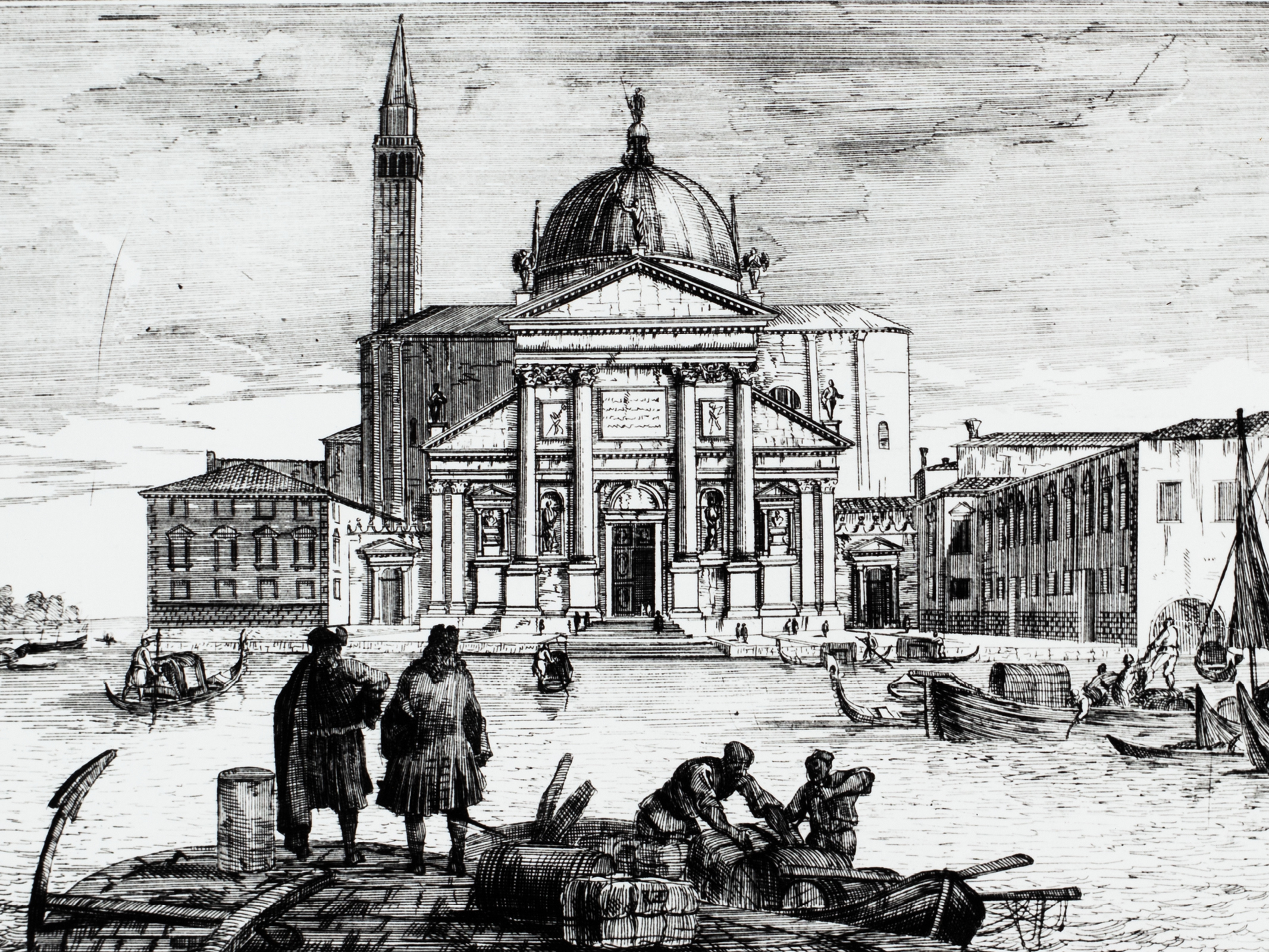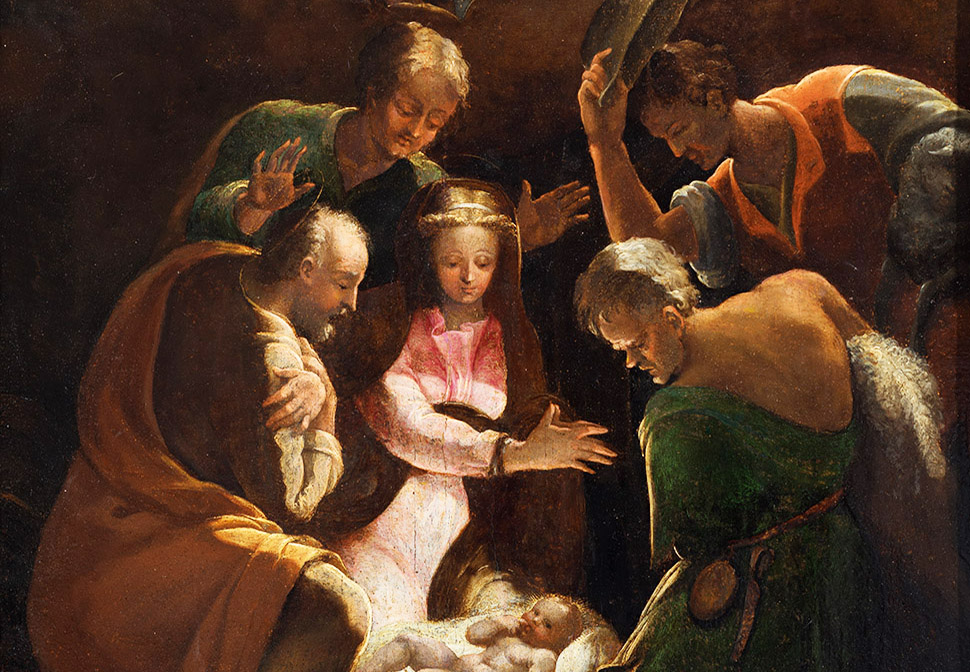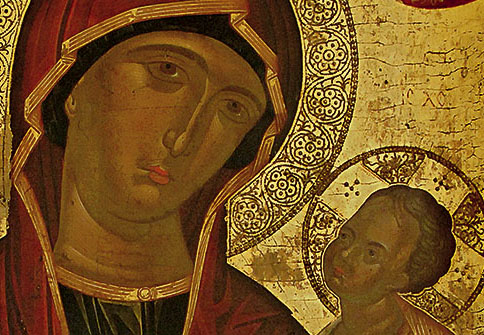On June 21, 2022, the “Venice the Second Byzantium” Study Seminar will gather top scholars to reflect on the link between Constantinople and Venice.
To all those who for centuries landed there, Constantinople appeared a wonder, sublime city, an unforgettable enchantment. Of it remains an unquenchable nostalgia. Venice was born and formed Byzantine, became what it is in a complex relationship with the motherland, the imperial polis on the Bosporus. The wonder of Constantinople, after the fall of its civilization in 1453, is as if it had been translocated into the wonder of Venice. There is something familiar between these two cities, something that eludes but is felt in the suspended atmospheres. Not so much the details, but the whole, a certain idea, a being between West and East. The “Venice the Second Byzantium” Study Seminar gathers top scholars to reflect on this famous formula that evokes the ties between the two cities and their histories. It is also a way of recalling a formula dear to Vittore Branca, longtime Secretary General of the Giorgio Cini Foundation, who considered that of Venice a unique civilization.
Following is the day’s program:
10 a.m.
Peter Schreiner, Universität zu Köln
What does alterum Byzantium mean?
Caterina Carpinato, Ca’ Foscari University Venice
The Fall of the Polis in the Άλωσις της Τροίας of Nikolaos Lukanis (Venice, Nicolini da Sabbio, 1526)
Sandra Origone, University of Genoa
Genoa and Venice in the confrontation with Byzantium
Beatrice Daskas, Ca’ Foscari University Venice
Βασίλεια πόλις / Civitas regia.
Reflections around a topos between Constantinople and Venice
Niccolò Zorzi, University of Padua
The gaze of the other.
Venice in the mirror of Byzantine sources
3:00 p.m.
Silvia Ronchey, University of Roma Tre
Escape from the First Rome. Bessarion and the legacy of Byzantium.
Eleftherios Despotakis, Johannes Guttemberg-Universität Mainz
Byzantium and Venice in the Perspective of Archival and Manuscript Sources.
A case-study of the library of the monastery of St. Catherine at Mount Sinai
Gianmario Guidarelli, University of Padua
Venetian Renaissance architecture and Byzantium.
Problems and perspectives of research
Egidio Ivetic, Institute for the History of the Venetian Society and State – Giorgio Cini Foundation
The sea of Venice as a Byzantine legacy
Ermanno Orlando, University for Foreigners of Siena
“And here it seems to them that they are entering a second Byzantium.”
Venice and the Diaspora from the Balkans in the xv century
Download the program
You must register to participate:
Oops! We could not locate your form.
